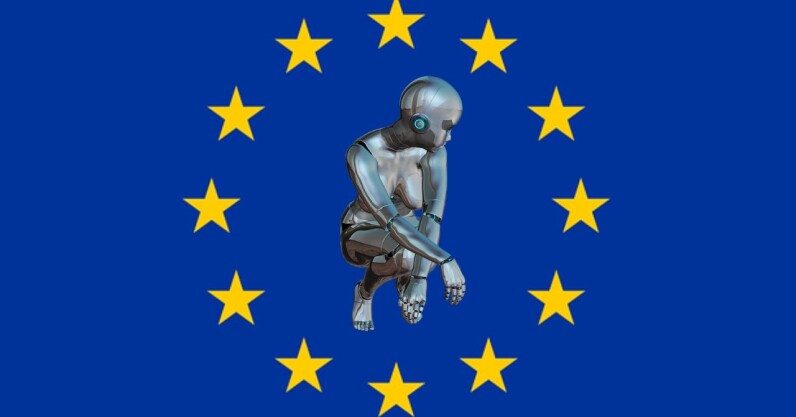Ioanna Lykiardopoulou
2024-08-02 03:22:50
thenextweb.com

The European Union’s AI Act entered into force yesterday. It is the world’s first comprehensive regulation for artificial intelligence.
First agreed upon in December 2023, the law is applying a risk-based approach. The strictest measures only apply to “high-risk” systems, including tools related to employment and law enforcement. The regulation entirely prohibits AI systems deemed “unacceptable,” such a social scoring or police profiling.
For “minimal-risk” AI, such as spam filters, there are no additional requirements. For “limited-risk” systems like chatbots, companies need to inform users that they’re interacting with AI.
The Act also introduces a special set of rules for general-purpose AI, which includes foundation models such as the ones powering ChatGPT.
“The European approach to technology puts people first and ensures that everyone’s rights are preserved,” EU competition chief Margrethe Vestager said in a statement.
The majority of the Act’s provisions will apply from August 2026. The ban of AI systems that pose “unacceptable risks” will apply in six months, while the rules for general-purpose AI will take effect in one year.
All companies that provide services or products in the bloc fall under the law’s scope. Failure to comply can trigger fines of up to 7% of a company’s annual global turnover.
Eyes on the EU
Since its inception, the AI Act has sparked controversy. A number of European businesses have raised objections, fearing that the rules could harm competition and impede innovation.
For others, it represents a major step toward responsible AI.
“The Act’s risk-based approach is designed to ensure AI technologies are developed and used responsibly, providing a framework that balances innovation with the protection of citizens’ rights,” said Maria Koskinen, AI Policy Manager at AI governance startup Saidot.
No matter the view, the time is now for companies to plan their compliance path.
“This is the time for organisations to map their AI projects, classify their AI systems, and risk assess their use-cases,” said Enza Iannopollo, principal analyst at tech advisory firm Forrester.
“They also need to execute a compliance roadmap that is specific to the amount and combination of use-cases they have.”
While we have yet to see the Act’s effect on business operations and competitiveness, the law has made the EU a global leader in setting policy benchmarks for the tech.
“We are witnessing the dawn of a new era of AI governance,” Koskinen said.
“The world is closely watching how the EU will enforce these regulations, and the impact it will have on global AI practices cannot be overstated.”
Source Link
Support Techcratic
If you find value in our blend of original insights (Techcratic articles and Techs Got To Eat), our up-to-date daily curated articles from top technical news sites, and the extensive technical work required to keep everything running smoothly, consider supporting Techcratic with Bitcoin. Your support helps me, as a solo operator, continue delivering high-quality content while managing all the technical aspects, from server maintenance to future updates and improvements. I am committed to continually enhancing the site and staying at the forefront of trends to provide the best possible experience. Your generosity and commitment are deeply appreciated. Thank you!
Bitcoin Address:
bc1qlszw7elx2qahjwvaryh0tkgg8y68enw30gpvge
Please verify this address before sending any funds to ensure your donation is directed correctly.
Bitcoin QR Code
Your support is crucial for me to continue delivering valuable content and managing the technical aspects of the Techcratic news site. By scanning the QR code below, you help me keep providing insightful articles and maintaining the essential server infrastructure. Your generosity is greatly appreciated and allows me to sustain and enhance my work.

Privacy and Security Disclaimer
- No Personal Information Collected: We do not collect any personal information or transaction details when you make a donation via Bitcoin. The Bitcoin address provided is used solely for receiving donations.
- Data Privacy: We do not store or process any personal data related to your Bitcoin transactions. All transactions are processed directly through the Bitcoin network, ensuring your privacy.
- Security Measures: We utilize industry-standard security practices to protect our Bitcoin address and ensure that your donations are received securely. However, we encourage you to exercise caution and verify the address before sending funds.
- Contact Us: If you have any concerns or questions about our donation process, please contact us via the Techcratic Contact form. We are here to assist you.
Disclaimer: As an Amazon Associate, Techcratic may earn from qualifying purchases.


































































































